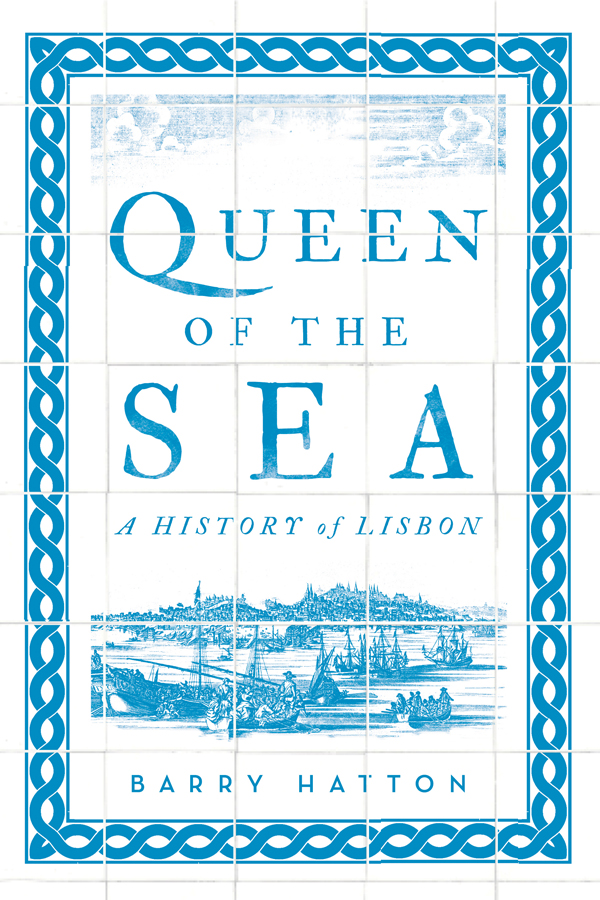
Queen of the Sea: A History of Lisbon
Tom Verde
Barry Hatton
2018, Hurst Publishers, 978-18- 49049-979, £14.99 pb.
Lisbon’s Mouraria—a name derived from Mouros, Portuguese for Moors—is the city’s “most ethnic neighbourhood where Christians, Muslims, Hindus, Africans and Chinese live cheek-by-jowl along cobbled streets,” as this engaging history of Portugal’s capital relates. Lisbon’s multiculturalism dates back centuries and is a hallmark of this vital seaport, where fortunes were made, regimes overthrown and the populace rebounded from devastating natural disasters, such as the earthquake of 1755, the largest ever to strike Europe. During the mid-12th century, the Reconquista also did its damage to the Muslim population of what was “the Moors’ mightiest city in western Iberia.” Yet their cultural influence survived in language: “Portuguese words beginning ‘al’”—as well as signature legacies such as the nation’s famed, hand-painted azulejos tiles. This is a richly rendered story of an important and often underappreciated European capital.
You may also be interested in...

British Library’s 500-Year-Old Nizami Manuscripts Shed Light on Power of Art and Poetry in 12th-Century Herat
Persian and Mughal scholar and specialist Barbara Brend presents a comprehensive study of one of the most highly esteemed works of Persian Literature.Celebrate Women's History Month With These Reads on Women Throughout History
To help honor Women’s History Month, AramcoWorld brings you a list of 10 female-focused reads that celebrate women throughout history.
Umayyad Family Dynasty Creates Unprecedented Empire
Explore the development and history of the Umayyad Caliphate, one of the most consequential empires the world has ever known.